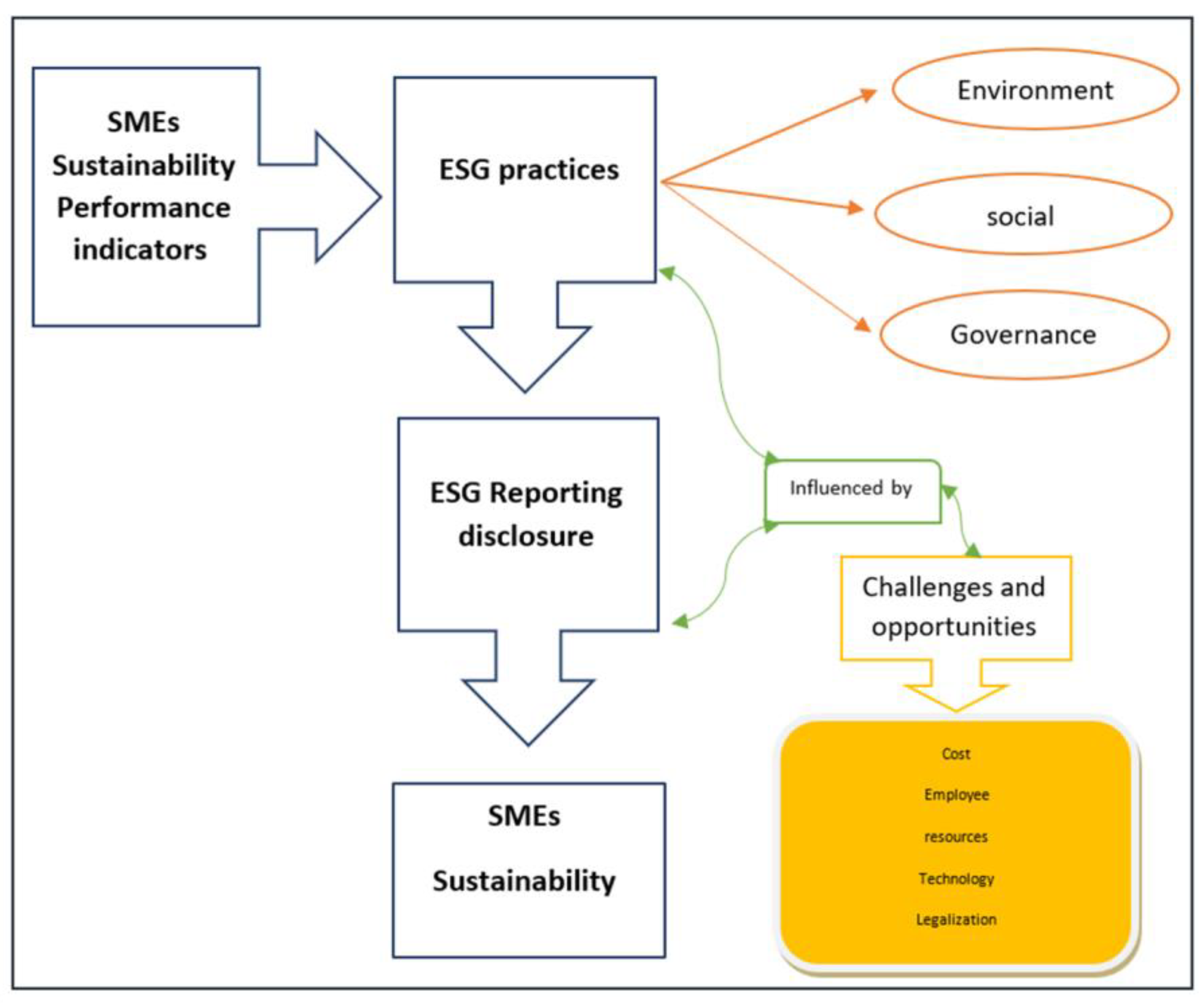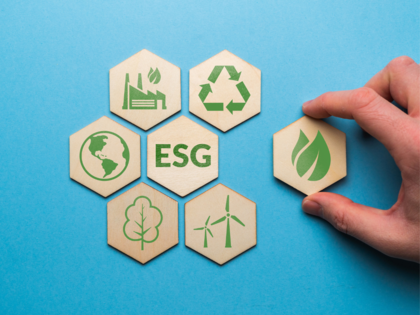Cement companies in Bangladesh are embracing ESG standards. ESG stands for Environmental, Social, and Governance. These standards help companies operate responsibly. This article explores how these companies are adapting to ESG standards. We will look at their initiatives, challenges, and successes.
Understanding ESG Standards
ESG standards are a set of criteria. They measure a company’s impact on the environment, society, and how it is governed. Here is a brief overview:
| Aspect | Description |
|---|---|
| Environmental | Focuses on how a company impacts the environment. |
| Social | Looks at the company’s relationships with employees, suppliers, and the community. |
| Governance | Examines how a company is governed, including leadership and audits. |
Environmental Initiatives
Cement companies in Bangladesh are working hard to protect the environment. Here are some key initiatives:
- Reducing Carbon Emissions: Companies are using cleaner technologies to produce cement. They are also focusing on energy efficiency.
- Waste Management: Waste materials are being recycled and reused. This reduces the amount of waste that goes to landfills.
- Water Conservation: Companies are implementing water-saving technologies. They are also recycling water used in the production process.
- Renewable Energy: Some companies are investing in renewable energy sources like solar and wind power.
Social Initiatives
Social responsibility is also a key focus. Cement companies in Bangladesh are taking several steps to improve their social impact:
- Employee Welfare: Companies are providing better working conditions. They are also offering training and development programs for employees.
- Community Engagement: Many companies are involved in community development projects. These include building schools, hospitals, and other infrastructure.
- Health and Safety: Companies are implementing strict health and safety measures. This ensures the well-being of their employees.
- Education and Awareness: Companies are educating employees and communities about environmental and social issues.

Credit: www.mdpi.com
Governance Initiatives
Good governance is essential for sustainability. Cement companies in Bangladesh are improving their governance practices in several ways:
- Transparency: Companies are being more transparent about their operations. They are sharing information about their environmental and social impact.
- Ethical Practices: Companies are adopting ethical business practices. This includes fair treatment of employees and suppliers.
- Compliance: Companies are ensuring they comply with local and international regulations. This includes environmental and labor laws.
- Stakeholder Engagement: Companies are engaging with stakeholders. This includes employees, customers, suppliers, and the community.
Challenges Faced by Cement Companies
Adapting to ESG standards is not easy. Cement companies in Bangladesh face several challenges:
- High Costs: Implementing ESG initiatives can be expensive. This includes investing in new technologies and training programs.
- Regulatory Hurdles: Companies must navigate complex regulations. This can be time-consuming and challenging.
- Lack of Awareness: Some companies and employees may not be aware of ESG standards. This can make implementation difficult.
- Resistance to Change: Change can be difficult. Some employees and stakeholders may resist new initiatives.

Credit: m.economictimes.com
Success Stories
Despite the challenges, many cement companies in Bangladesh have successfully adapted to ESG standards. Here are some success stories:
- Company A: Company A has reduced its carbon emissions by 30% in the last five years. They achieved this by using cleaner technologies and improving energy efficiency.
- Company B: Company B has implemented a comprehensive waste management program. They recycle 90% of their waste materials.
- Company C: Company C has invested in renewable energy. They now generate 50% of their energy from solar and wind power.
- Company D: Company D has built schools and hospitals in local communities. This has improved the quality of life for many people.
Frequently Asked Questions
What Are Esg Standards?
ESG standards refer to Environmental, Social, and Governance criteria used to evaluate a company’s ethical impact.
Why Are Esg Standards Important For Cement Companies?
ESG standards help cement companies reduce environmental impact, improve social responsibility, and ensure better governance practices.
How Do Esg Standards Benefit Bangladesh’s Cement Industry?
ESG standards enhance sustainability, attract investors, and improve the industry’s reputation in Bangladesh.
What Initiatives Are Cement Companies Taking For Esg?
They are adopting renewable energy, reducing carbon emissions, and improving labor conditions.
Conclusion
Cement companies in Bangladesh are making significant strides in adapting to ESG standards. They are implementing initiatives to protect the environment, improve social responsibility, and ensure good governance. While there are challenges, the successes are inspiring. These companies are setting an example for others to follow. By embracing ESG standards, they are contributing to a more sustainable future. These companies are investing in sustainable solutions for cement manufacturing, such as using alternative fuels, reducing water consumption, and minimizing air pollution. By incorporating these practices into their operations, they are not only meeting ESG standards but also demonstrating their commitment to environmental stewardship. This commitment is crucial for the long-term viability of the industry and the well-being of the communities in which they operate.
In conclusion, the journey towards ESG standards is ongoing. It requires commitment, investment, and collaboration. Cement companies in Bangladesh are showing that it is possible to operate responsibly and sustainably. As they continue to adapt and innovate, they will play a crucial role in building a better world for future generations.








